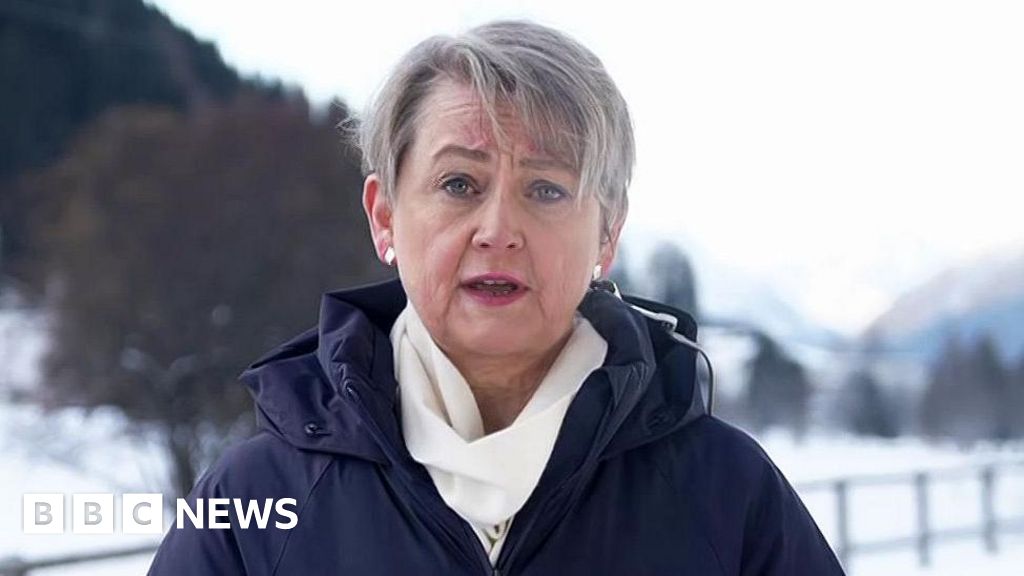By Kasturi Datta |
Device manufacturer Jabra has launched its new Evolve3 series of headsets, with new features.
Designed to provide crossover appeal for both hybrid working and…

By Kasturi Datta |
Device manufacturer Jabra has launched its new Evolve3 series of headsets, with new features.
Designed to provide crossover appeal for both hybrid working and…

Researchers at Maynooth University have been exploring one of nature’s and astronomy’s major conundrums and they are much closer to the answer.
A team of researchers at Maynooth University (MU) have been…

Every visitor to Australia hopes to catch sight of the tree-dwelling marsupials and our riders have been determined to make the most of their time down under. Fortunately, Henrietta Christie’s time-tested koala spotting strategy has served the…

CHRONIC lung disease and socioeconomic disadvantage were tied to markedly increased lung cancer risk, among never-smokers in Korea.
While lung cancer screening has reduced…
Three active column systems have been added to RCF’s EVOX lineup, built around a true 3-way electroacoustic design, a new amplification platform and a clean, neutral aesthetic. All models are available in black or white. Described as a…

Technology such as Thomson Reuters ONESOURCE was identified as a way to improve how JLL manages its tax and financial reporting across the regions where it does business.
With a user-intuitive interface, global footprint, and 150 years of tax content expertise, Thomson Reuters ONESOURCE was the obvious choice. With out-of-the-box tools already in place to support in-country deployments, Thomson Reuters ONESOURCE was able to help the JLL tax team drive efficiencies and minimize the cost and effort of implementation almost immediately.
Working with Thomson Reuters allowed JLL to improve their end-to-end processes by looking at its own data, identifying potential pain points, and then designing a configuration within its global ERP solution to help standardize and simplify its operating procedures while ensuring all regulatory requirements were being met.
The partnership with Pagero, a Thomson Reuters company, also helped guide JLL through the evolving requirements for e-invoicing mandates around the world. A dedicated point of contact helps ensure JLL can meet the changing regulatory requirements as quickly and accurately as possible.
In addition, Thomson Reuters ONESOURCE provided greater visibility and oversight, enabling JLL to better manage its tax spend and leverage the reporting capabilities to track and monitor their global filings more effectively.

Call it a “major organizational, operational, and portfolio reset,” or the biggest step to date on the road to the complete annihilation of a once-beloved game studio that has burned through all its goodwill and is now bleeding cash – it…

Foreign Secretary Yvette Cooper has said the UK will not yet be signing up to US President Donald Trump’s proposed Board of Peace over concerns about Russian leader Vladimir Putin’s possible participation.
Cooper told the BBC the UK had been…

The final FIS Alpine skiing World Cup races ahead of the Olympic Winter Games Milano Cortina 2026 take place at Špindlerův Mlýn, Czechia, on 24–25 January, with women’s slalom and giant slalom marking a return to the Czechian resort after…

Nakai Ami emerged with the women’s short program lead over her fellow Japanese figure skaters as the curtains went up on the ISU Four Continents Championships 2026 in Beijing on Thursday (22 January).
Despite being docked points for what…